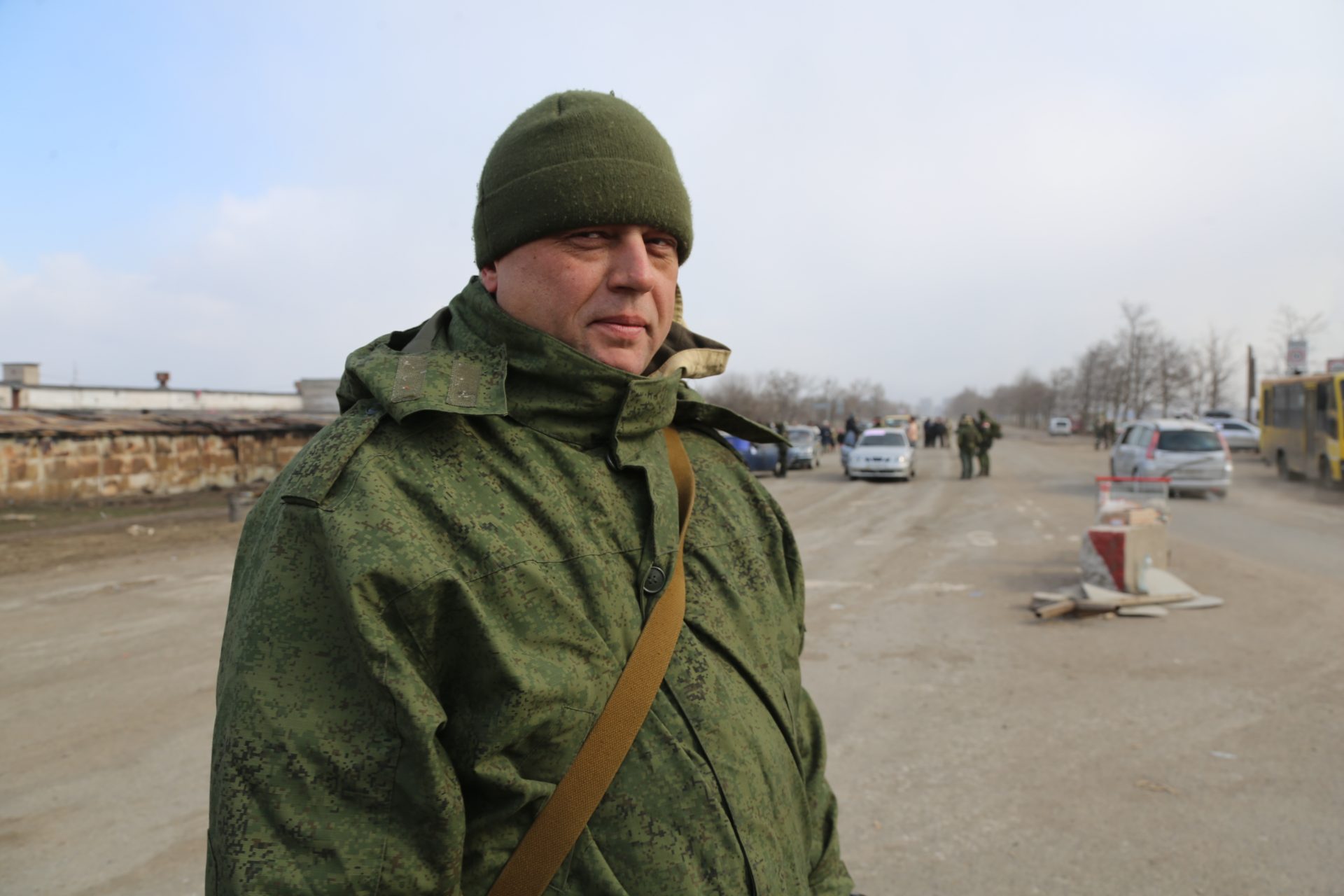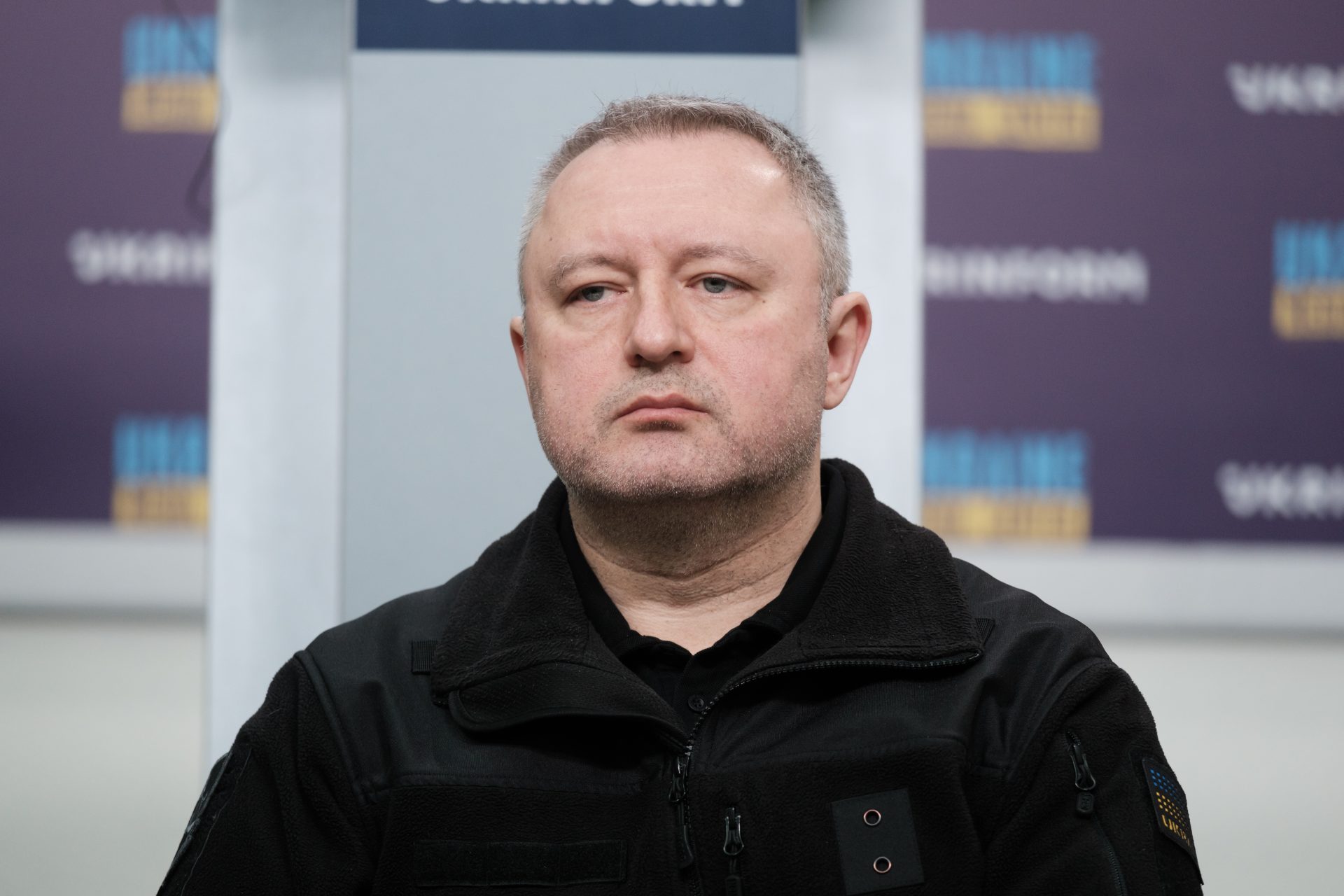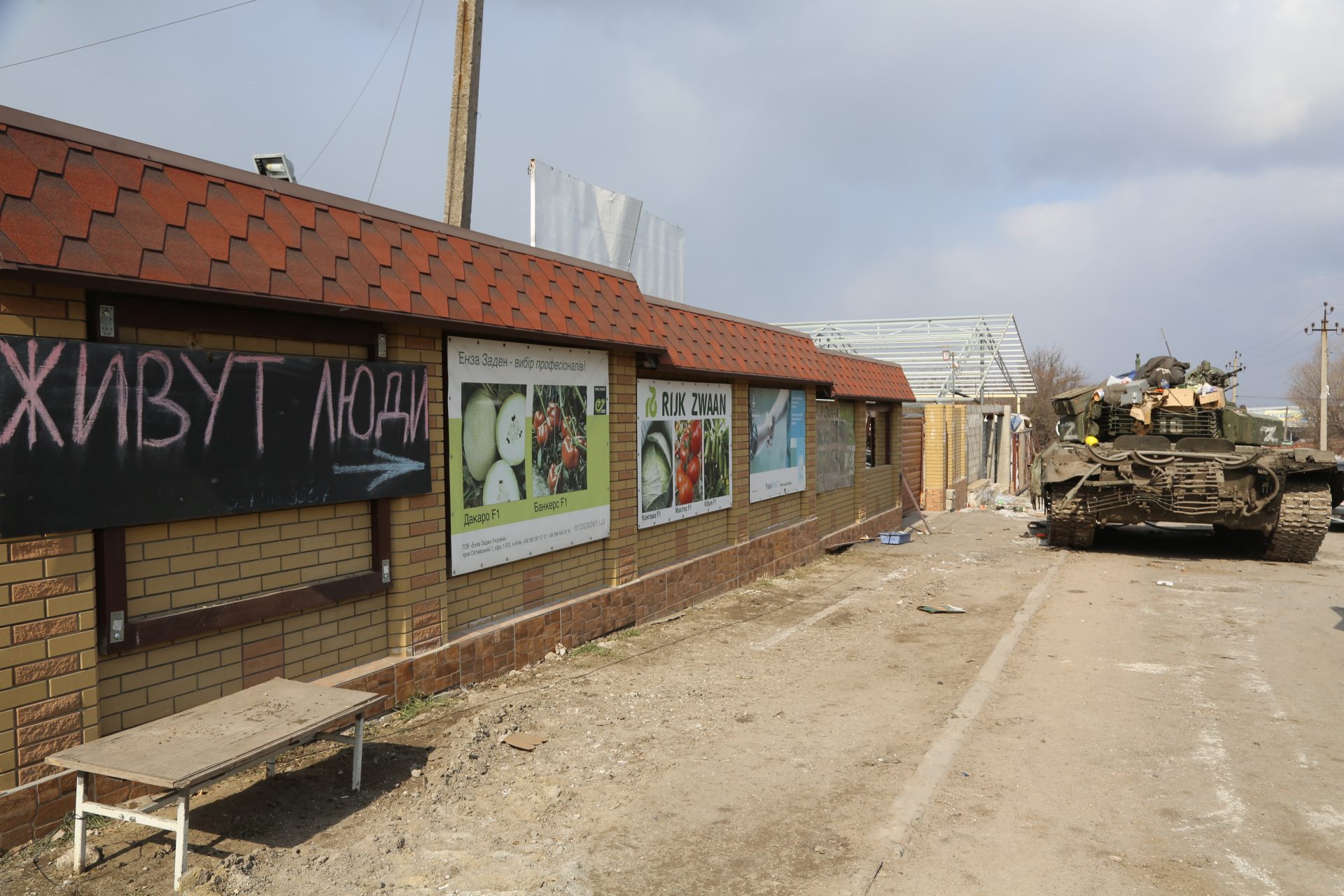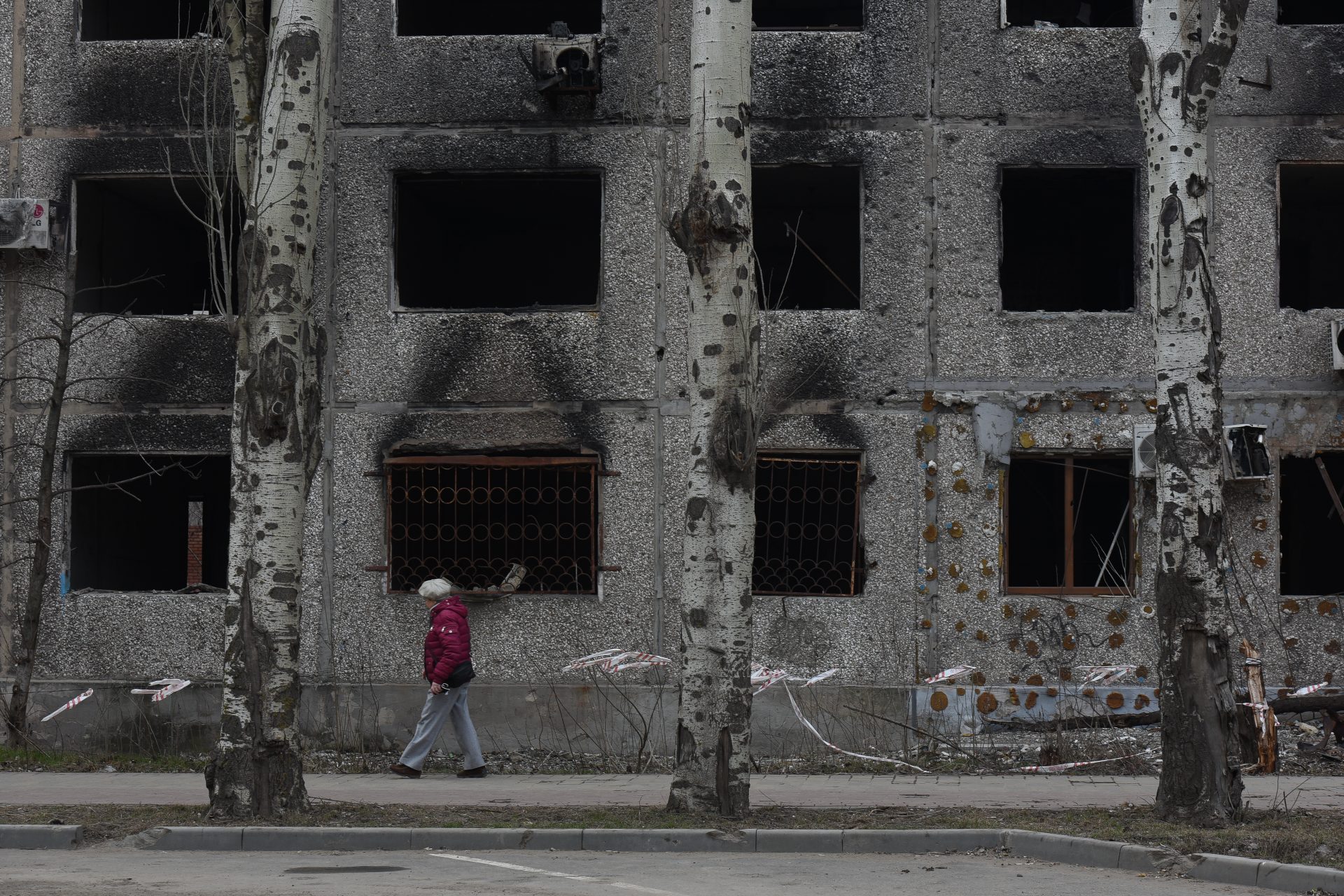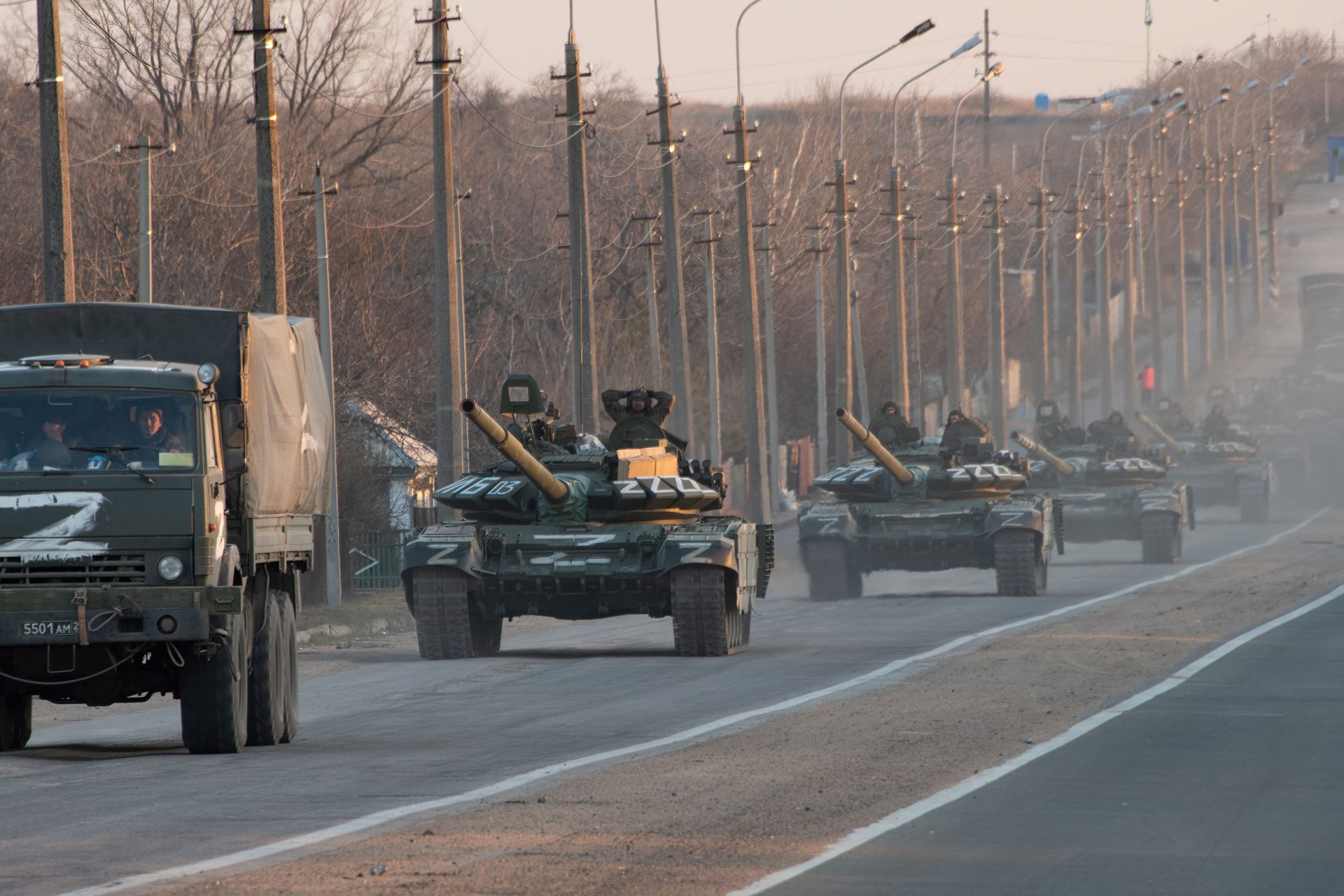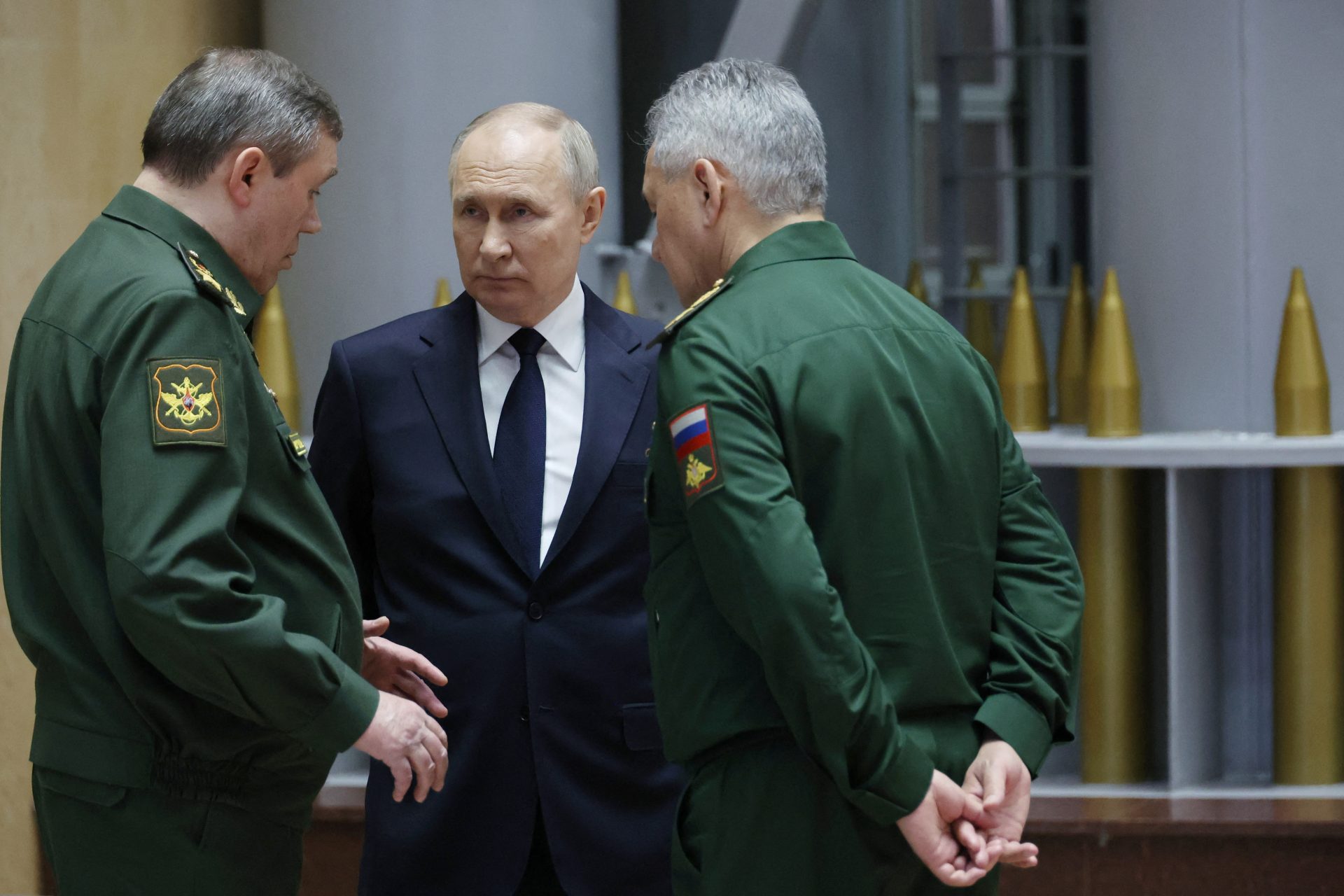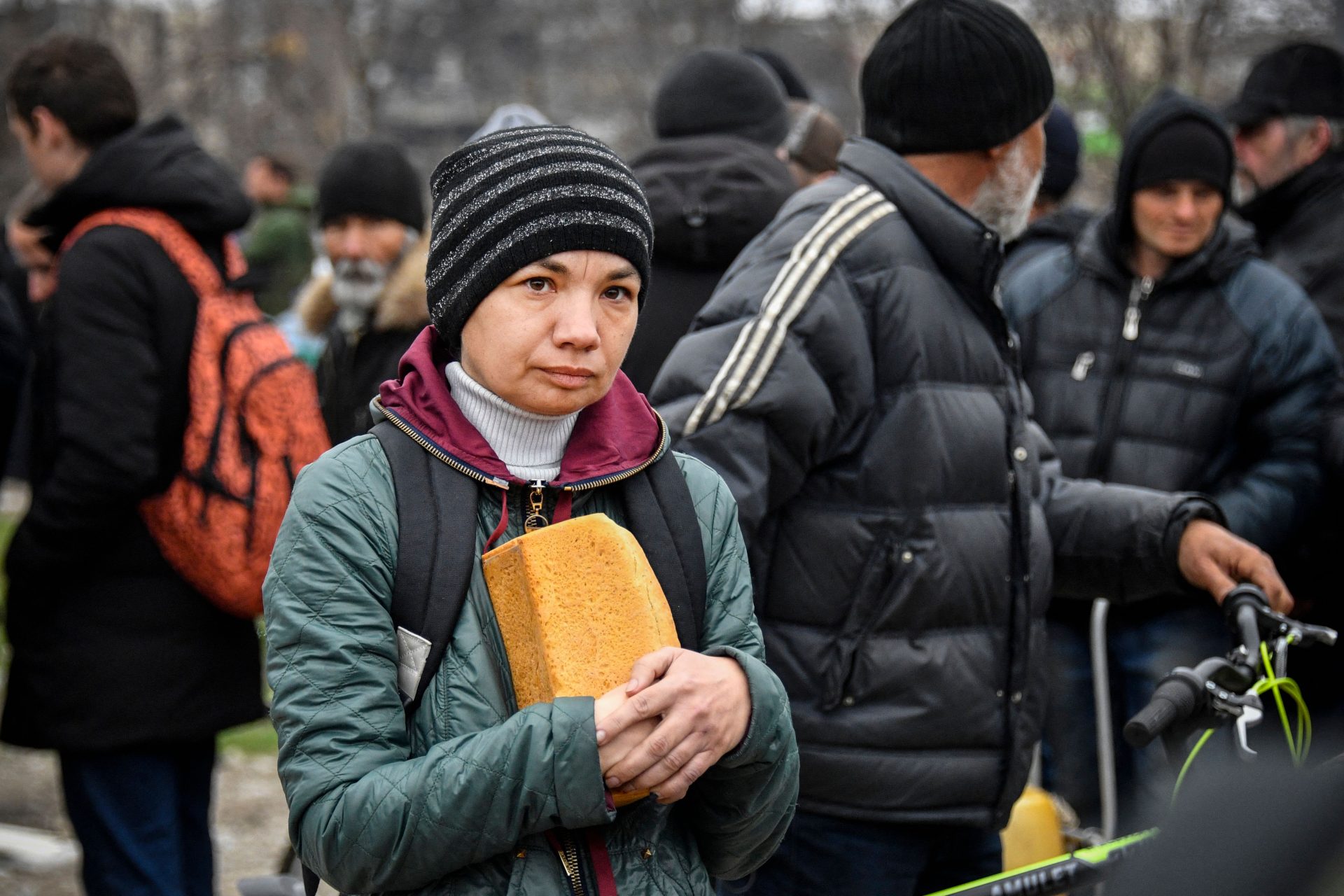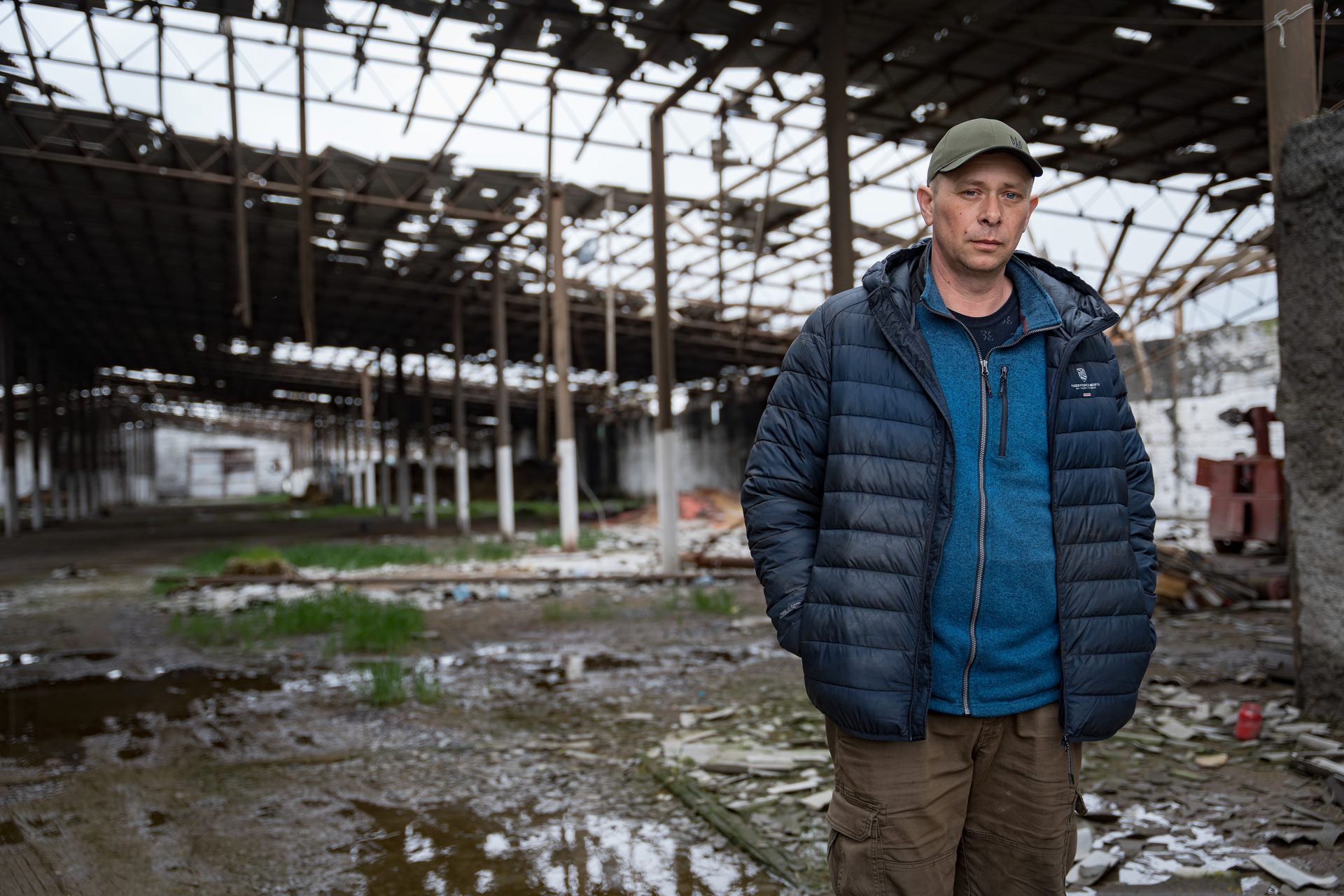Commanders who starved Mariupol may face war crimes prosecution
The Siege of Mariupol was one of the most violent battles that took place in the wake of the Russian invasion of Ukraine. Fighting lasted for months, and it was the city’s civilian population that bore the brunt of the aggression.
For more than eight days, Mariupol was subjected to bombardment from Russian forces as they tried to capture the city. Homes and hospitals were destroyed as people tried to get out of the warzone according to The Guardian.
Estimates of the slain have topped out at nearly twenty-five thousand but there was one largely unknown problem that took place while Russia was fighting to capture Mariupol, the city’s civilian population was starved by Moscow.
However, a group of international investigators has been working with Ukrainian officials to reveal the starvation that took place and bring the commanders responsible to justice. Investigators are now ready to seek prosecution.
Global Rights Compliance, an international law firm that has been working with Ukraine and the country’s Office of the Prosecutor General to examine the starvation tactics that Russian commanders used in Mariupol in 2022.
The Global Rights Compliance’s Starvation Mobile Justice Team was launched to locate evidence of Moscow’s war crimes under Catriona Murdoch, a partner at the law firm and a leading expert in the war crime of starvation.
Murdoch recently spoke with The Telegraph regarding her team’s investigation into what happened in Mariupol while it was under siege, and from the evidence that was found, it appears Mariupol’s starvation was deliberate.
“There was a very clear, calculated way in which that siege unfolded in a very short space of time, that we think there can be few other ways to reframe it than starvation being used in a fairly calculated way,” Murdoch told The Telegraph’s Roland Oliphant.
The plan, as Murdoch explained it, involved three phases. Mariupol was encircled by the Russian Armed Forces and the city’s critical infrastructure was targeted. While this was happening, Russia withheld aid, and evacuation, and began its civilian filtration process.
“So what we see there is, in the first days, the attacks on critical infrastructure, and what that did in terms of civilian population and to water, in particular,” Murdoch noted, adding that the situation exacerbated the shelter situation in the city.
“So when you see in the drama theater, these big muster points for civilians sheltering, receiving food and medicine, and meeting there in order to evacuate, that these types of distribution points themselves are being then attacked,” Murdoch said.
“It starts to show a pattern that this can’t be... that it’s not accidental that all of those things were happening within days of each other,” Murdoch added. However, even if all of the evidence gathered shows intent, it will take time for justice to work its course.
The Telegraph reported a dossier of crimes uncovered by Murdoch and Global Rights Compliance is being compiled and would be presented to the International Criminal Court (ICC) at some point in January 2025.
If ICC prosecutors decide to try the case, arrest warrants for the Russian commanders involved in the Siege of Mariupol could be issued. It would also be the first time the war crime of starvation was prosecuted in world history.
“From damage mapping, from weapons experts, from all kinds of social media, Telegram and open source analysis, [it is clear] that this was calculated,” Murdoch told The Telegraph.
In September 2023, The Guardian’s Dan Sabbagh reported on the evidence being put together by Global Rights Compliance and noted one incident in particular that showed the regularity and widespread nature of the starvation crimes that were committed.
Only weeks into the war, twenty civilians were in Chernihiv on March 16th, 2022 after a Russian fragmentation bomb exploded in a crowded supermarket where civilians were lining up to get bread and food as the Russian invasion raged across the country.
“Then we’ve seen Russia attack grain facilities on the Danube and engage in muscle flexing on the Black Sea,” Global Rights Compliance senior lawyer Yousuf Syed Khan explained to The Guardian.
Khan argued that many of the attacks on Mariupol’s water and energy supplies were “not crimes of result but crimes of intent.", explained that Russia was “taking out objects that civilians need” and there was a “foreseeability to [its] actions.”
More for you
Top Stories






